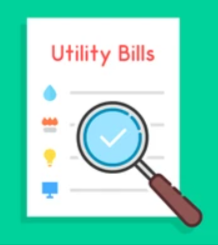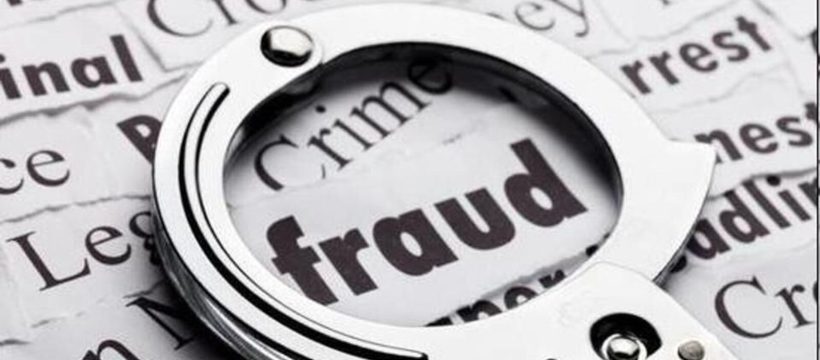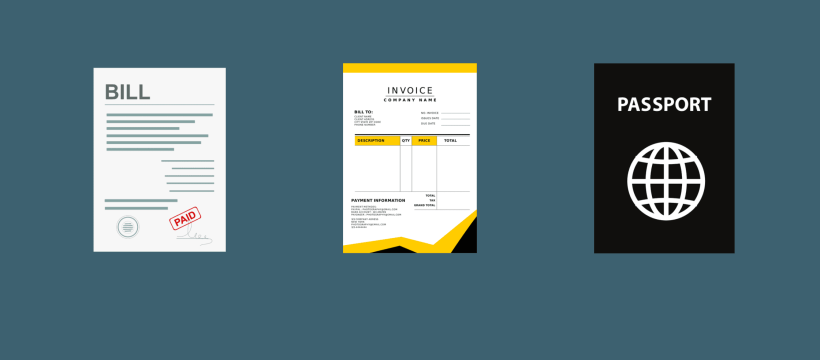Counterfeit proof of address documents, including fake utility bills, have become a disturbing phenomenon in recent times. To truly understand the gravity of this issue, it is essential to unravel the intricacies of forgery and fraud associated with such illicit activities.
The Distinction Between Forgery and Fraud
Forgery involves the act of creating or altering documents with the intent to deceive or misrepresent information. In the context of counterfeit proof of address documents, forgery occurs when individuals produce or modify utility bills or other documents to make them appear authentic. This deceptive act undermines the integrity of official documents and constitutes a criminal offense.
Fraud refers to the deliberate deception or misrepresentation of facts with the intent to gain an unfair advantage, cause harm, or commit a crime. In the case of fake proof of address documents, individuals employ counterfeit bills to deceive authorities and institutions, presenting false information to gain access to services, benefits, or opportunities to which they are not entitled. This fraudulent act is a serious offense with legal and societal repercussions.


